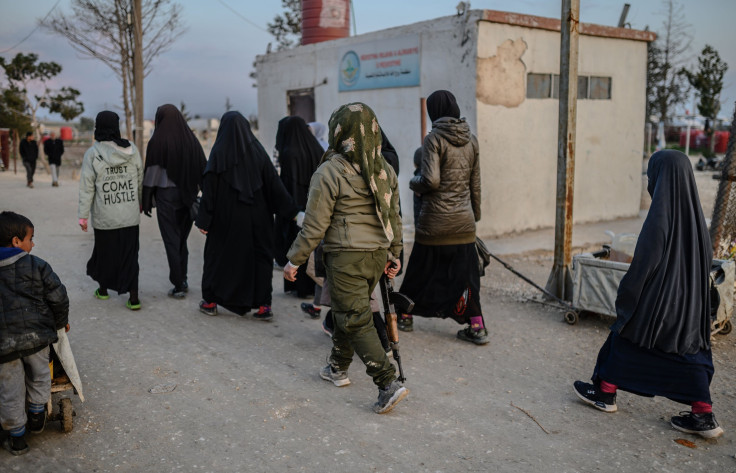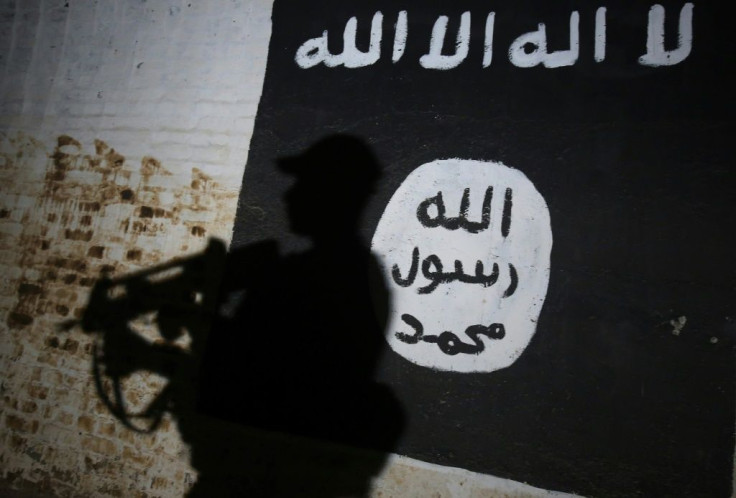Women Allegedly Linked To ISIS Detained, Tortured By Egyptian Authorities: HRW

KEY POINTS
- Human rights groups documented 19 women and two girls detained and tortured by Egyptian authorities
- Some of the women fled ISIS hideouts to seek protection from authorities, but they were prosecuted
- Relatives of women detainees accused Egyptian security officers of beatings and electrocution
Human rights advocates accused Egypt of detaining and torturing women and girls suspected of being members of an Islamic State (ISIS) affiliate.
According to a report by the Human Rights Watch and the Sinai Foundation for Human Rights, citing the lawyers and witnesses familiar with the women and girls suspected of being ISIS affiliate members in North Sinai, Egyptian authorities allegedly detained and tortured them to extract information about the terrorists.
"Egyptian authorities have been abusing many women and children in North Sinai to extract information about their suspected ISIS affiliate relatives or pressure these suspects to turn themselves in," Ahmed Salem, the executive director of the Sinai Foundation for Human Rights, said.
The two human rights groups documented 21 cases between 2017 and 2022 involving 19 women and two girls while they remotely interviewed the relatives and lawyers of the victims and some of the current and former detained women.
Sources told the human rights groups that the women and girls suspected of ties with the ISIS-affiliated Wilayat Sina' were raped and forced to marry members of the terrorist group. In some cases, the terrorists prevented women and girls from leaving their hideouts.
The unnamed sources claimed that five women and a girl sought protection from the authorities after fleeing the terrorists' hideouts, but Egyptian authorities referred them for prosecution. Security forces immediately detained the girl while the five women were barred from talking to their lawyers for up to two months, and at least one was tortured.
While the prosecutors and judges moved to release three of the six individuals from prison between 2021 and 2022, the security forces tried to circumvent the release orders by filing new cases against them, according to their lawyers. Egyptian authorities accused them of providing logistical support or joining the terrorist group.
Relatives of other women detainees also revealed that officers of Egypt's National Security Agency tortured the victims by beatings and electrocution in different locations.
Egyptian security officers verbally abused the detainees, slapped one in the face and blindfolded the other in North Sinai police stations, according to two other women.
Security officers have also reportedly detained other women and girls, who, according to their relatives, may have never lived or gone to ISIS holdouts. The move was seen as authorities' attempt to extract information about their relatives with links to the terrorist groups or to retaliate against relatives suspected of joining the local ISIS group.
Human rights advocates insist that the authorities have international law obligations regarding detaining civilians as security threats.
"The international legal prohibition on torture, inhuman or degrading treatment, including in detention, is absolute. Detention based solely on family ties is a form of collective punishment, which in situations of armed conflict is a war crime," Human Rights Watch said.
The human rights group also explained that children allegedly associated with terrorist groups should be "treated first and foremost as victims" unless the authorities have established their criminal responsibility based on credible evidence.
Human rights advocates urged Egypt to immediately release the women detained unlawfully or arbitrarily and develop alternatives to detention for children suspected of terrorist affiliation.

© Copyright IBTimes 2024. All rights reserved.












